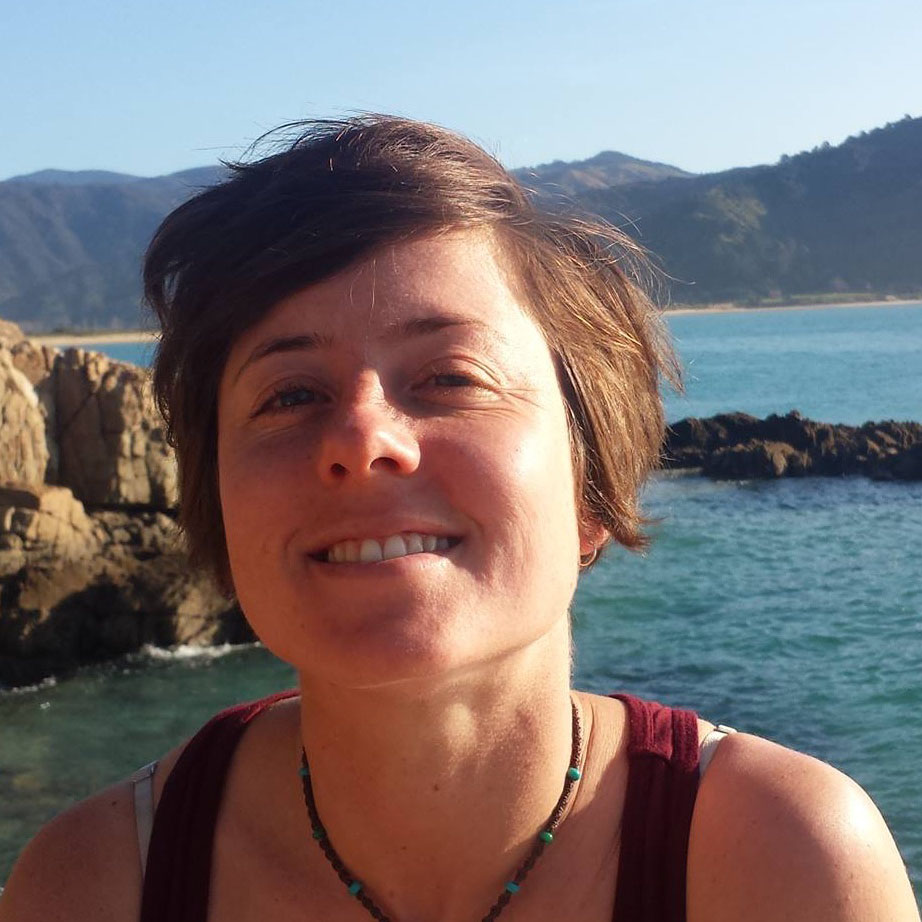Reducing haze and protecting peatlands in the digital age
At a recent workshop, 83 key stakeholders gathered with “Measurable Action for Haze-Free Sustainable Land Management in Southeast Asia” (MAHFSA) partners for a virtual workshop to explore and verify priorities for capacity-building and knowledge-product development on reducing haze and protecting peatlands across Southeast Asia.
“Successful management requires the active participation of stakeholders,” said Vong Sok, head of the Environment Division of the Association of Southeast Asian Nations (ASEAN) secretariat in his opening remarks, “and we are mindful that building capacity cannot be done by governments alone.”
He shared his hope that the workshop would result in a shared vision and innovative action to address the regional challenges presented by transboundary haze and peatland degradation. “Business-as-usual is no longer an ideal solution,” he said. “We need thinking that’s outside the box to promote more innovate solutions and open up more opportunities.”
Ivan Cossio Cortez, the country director for South East Asia and the Pacific Sub-regional Office at the International Fund for Agricultural Development (IFAD), echoed Sok’s concerns and added that an astute mix of “realism, pragmatism – and ambition – must accompany the decisions made here and the actions taken as a result.”
Next, Global Environment Centre (GEC) Director Faizal Parish, presented the key findings of the Capacity Development Need and Gap Analysis (CDNGA), a study that explored the capacity-building gaps at national and regional levels for peatland management and fire prevention in order to achieve and track progress towards the goals specified in the ASEAN Peatlands Management Strategy (APMS) and ASEAN Haze-Free Roadmap.
He shared that the study showed all ASEAN member states had given medium to high priority to the ASEAN Programme on Sustainable Management of Peatland Ecosystems (APSMPE) and existing APMS targets. However, some challenges were identified in monitoring, assessment, and joint emergency responses. “This relates to institutional arrangements, and also to difficulties in certain member states to gather and share the full range of information required,” he said.
Parish also shared preliminary feedback on top priorities, which included the implementation of an overall agreement on transboundary haze pollution, and sustainable management of peatlands and agricultural land as a means of land and forest fire prevention. “The most important aspect of fire management is fire prevention rather than firefighting,” he emphasized.
Gita Syahrani, head of secretariat for district government collaboration forum Lingkar Temu Kabupaten Lestari (LTKL) and the workshop’s facilitator, then facilitated a verification and discussion process on the CDNGA results and the general themes of the proposed capacity development packages. The session made use of interactive tools such as online whiteboard Miro, polling application Slido and the Zoom meeting chat box to enable multiple forms of participation.
A broad range of opinions were shared, from questions on the relative importance of peatland mapping as opposed to the implementation of restoration and protection measures, to the observation that because resources such as human capital, money and time are limited, it is important to “seek the low-hanging-fruit strategies that have the biggest impacts.
Following this session, Center for International Forestry Research (CIFOR) scientists Michael Allen Brady (Team Leader for Value Chains, Finance and Investments) and Ahmad Dermawan (Value Chains, Finance and Investments scientist) presented key findings from the Knowledge Stocktake Analysis (KSTA) study.
Under this research initiative, they recorded all available knowledge products on sustainable peatland and haze management, and highlighted areas for improvement to enhance their availability and utilization within the region.
As many of you will already know, most of the publications on these topics are focused on Indonesia and Malaysia predominantly, but there are also publications with a regional focus, said Dermawan. The researchers also found that key areas of focus so far have included monitoring systems, tenure issues and fire prevention, and that most publications (70 percent) are either analytical or informational in nature, among other findings.
The scientists then presented an overview of thematic areas and types of knowledge product that MAHFSA could consider producing in order to complement and enrich existing products, as well as to support the initiative’s capacity-building activities by providing up-to-date training materials.
Syahrani again facilitated a verification and discussion process with the stakeholders to identify the knowledge products that were seen as the highest priority for development, and to verify any gaps in the products’ coverage. The discussion put forward a potential list of 15 existing knowledge products that could be appropriate for updates or revisions, as well as translation into each of the ASEAN member states’ national languages. They also listed five areas that appeared to represent gaps in the products’ coverage. Participants then worked together to verify the findings and to prioritize them along a timescale, taking into account both need and urgency.
A cross-sectional analysis was then discussed, exploring MAHFSA’s priority topic areas and their links to MAHFSA outcomes.
These focus areas include: (1) peatland mapping assessment and monitoring; (2) fire mapping, monitoring and information system for fire monitoring; (3) policy development – mainstreaming peatlands into other sector policies; (4) sustainable peatland management; and (5) economics and resource allocation for the haze mitigation and peatland management.











